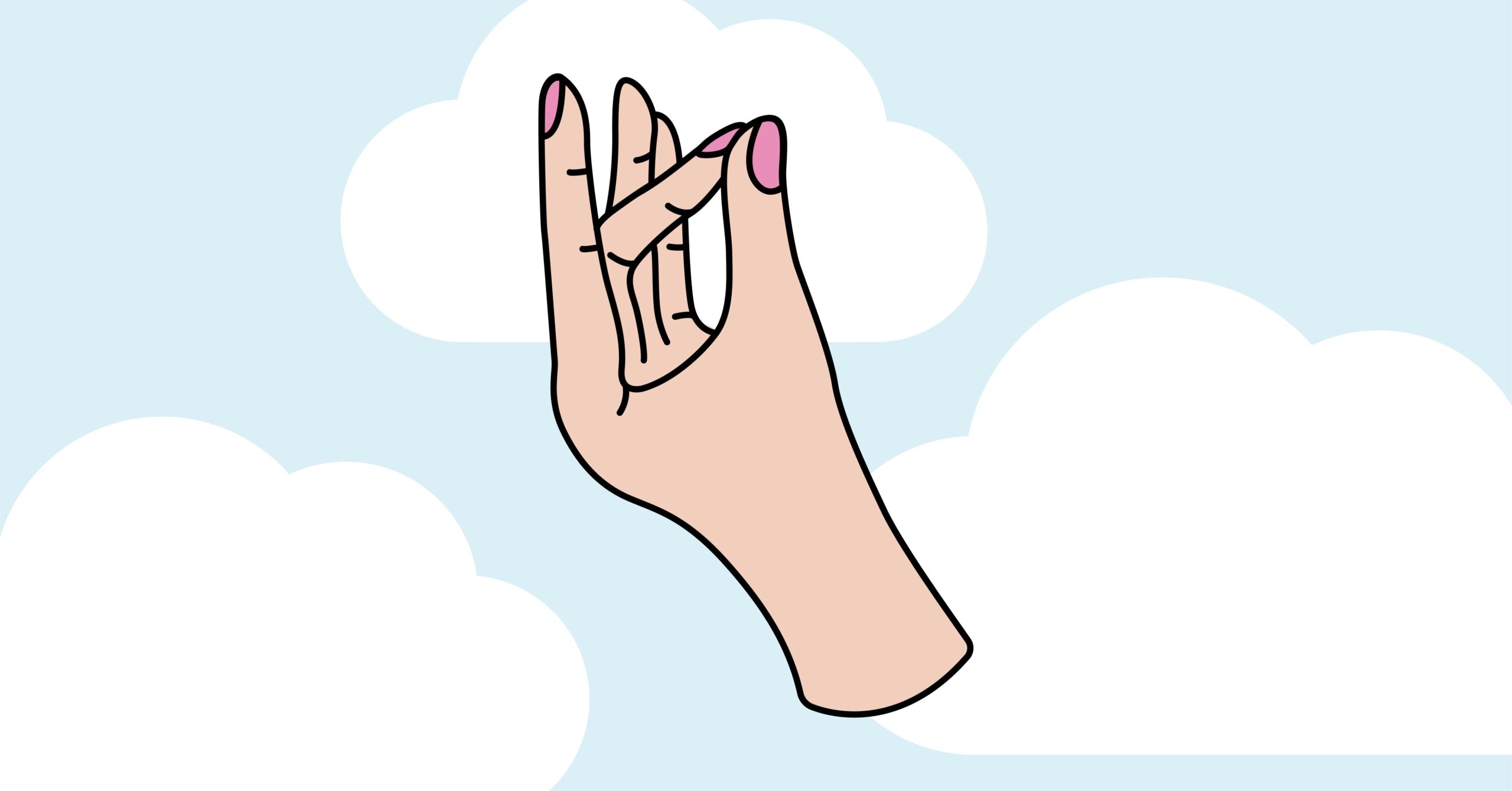What challenges do interracial couples experience?
With Black Lives Matter and racial injustice at the forefront of many people’s minds, you may wonder what it’s like to be an interracial couple during this time of civil unrest. How do interracial couples combat harmful stereotypes? How do they address inequality in their own relationships? And how do they address racism overall as they encounter it?
Studies in the United States show that divorce rates are higher in biracial or bicultural couples. This might be because couples from different backgrounds face unique difficulties in handling their differences, talking about their challenges as well as external systemic judgment and prejudice.
Want to learn more? Here are four unexpected challenges interracial couples face:
1. Shying away from topics like racism
While racism is front and center right now in the news, many interracial couples might not feel entirely comfortable addressing it in their relationships. But, racial discrimination can be a real problem when one partner’s family doesn’t accept the other partner. Simply ignoring issues of race can cause a communication breakdown. That’s why, whenever there’s an issue that arises, it should be addressed in the moment, even when it can feel difficult.
2. Having different expectations
There’s no denying that culture shapes individuals. By the time most are entering elementary school, they’re imprinted with certain belief systems. When you’re in an interracial relationship, these expectations and beliefs can vary greatly. It’s imperative that two people of different races, cultures, nationalities, or ethnicities decide together on boundaries and guidelines that define their relationship. Be sure to discuss cultural differences early on, such as religion, diet, finances, and sex.
3. Communicating differently
Different cultures communicate differently. Your partner may interpret what you say and do differently than how you mean it. This may result in misunderstanding and conflict. To get on the same page, interracial couples should open up and communicate their feelings as well as learn about one another’s cultural backgrounds.
4. Experiencing microaggressions
Interracial couples often face discrimination and judgment from those around them. People might make comments about their kids, their sex life, their taste, and other microaggressions. What is a microaggression exactly? According to psychologist Derald W. Sue, who’s written two books on the subject, microaggressions are “the everyday slights, indignities, put-downs, and insults that people of color, women, LGBT populations, or those who are marginalized experience in their day-to-day interactions with people.”
Remember to stay strong and process those emotions together. You can also get more involved in your community to help dismantle oppressive forces locally and in society as a whole.
What’s the biggest enemy of any relationship?
Being unable to compromise. If your partner hates your friends and family and if you’re always arguing about politics, then your relationship might not stand the test of time.
Always strive to be generous, compassionate, and kind. Try listening instead of talking and focus on reaching an understanding.
References
- “5 Problems Interracial Couples Face That Threaten to Break Them Apart,” Your Tango, August 4, 2017.
- “6 True Struggles of Interracial Relationships,” Lifehack, n.d.
















